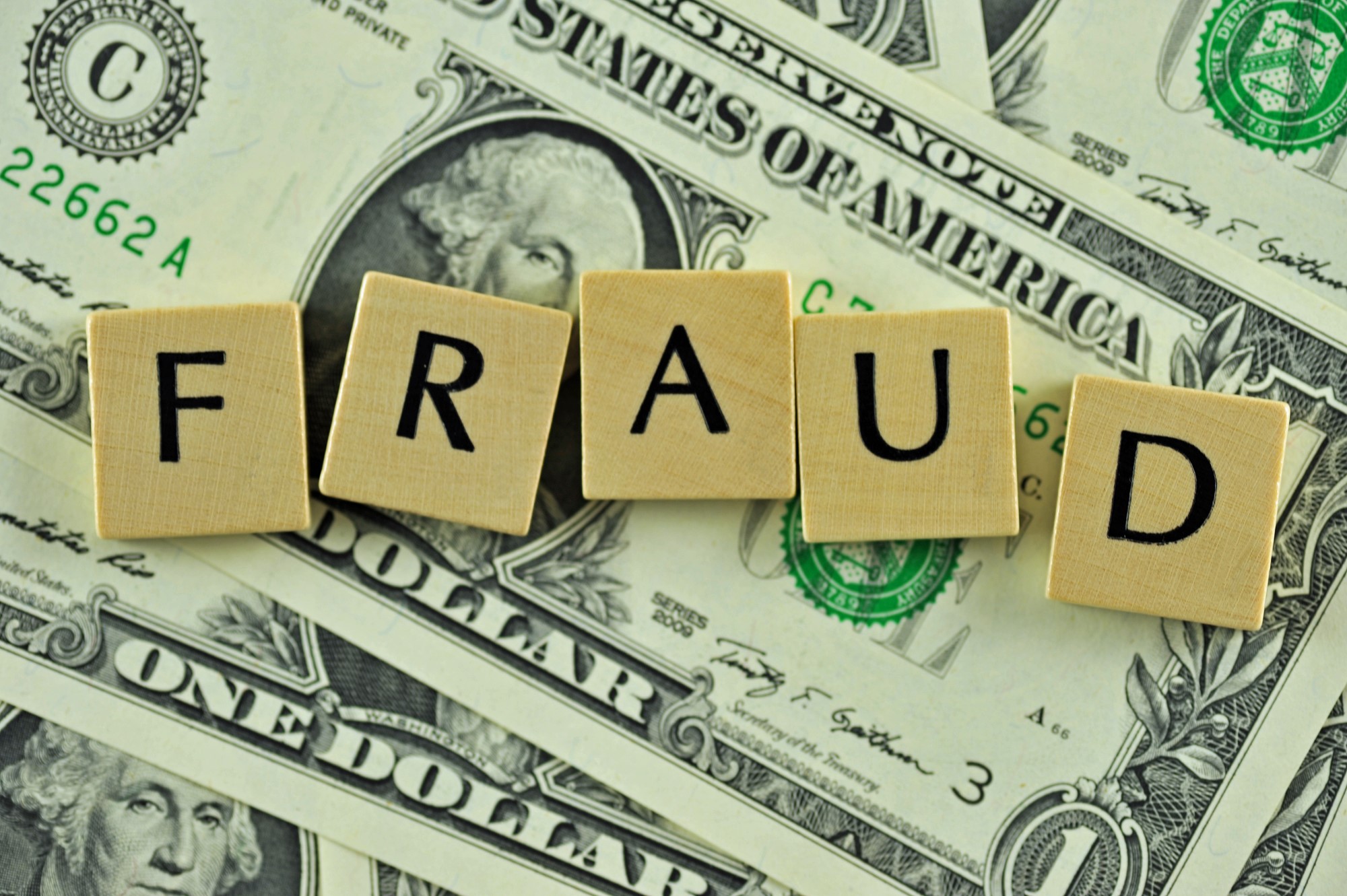The PPC Golden Age
In a competitive and digital market, pay-per-click (PPC) advertising has become the strategy marketers can’t get enough of with everybody, from small businesses to startups and large organizations, wanting a piece of the pie. After all, there is a whole lot of money to be made when it comes to digital advertising. Just ask Google’s owner, Alphabet, that reportedly made record revenues from Google’s advertising business, (including YouTube) despite the pandemic, accounting for 81% of its nearly $60 billion, up 23% from last year.
The opportunity PPC gives digital marketers is something they could have only dreamed of in the past. Not only are they able to maximize their ROI (return-on-investment) but it also gives them, thanks to AI and automation, an exclusive opportunity to reach their target audience precisely at the right looking-to-buy moment.
However, with huge amounts of money invested in PPC advertising, you can be sure to find predators looking to make an easy buck. In fact, click fraud rates are spiking, particularly in the United States, followed by China and the United Kingdom. In 2020, advertising fraud inflicted catastrophic $35 billion losses worldwide. In a $335 billion global digital advertising market, these account for more than 10%.
Way before digital advertising was even a thing, telephone inventor Alexander Graham Bell, said that “before anything else, preparation is the key to success.” Read on to learn more about the common types of click fraud in PPC campaigns and what you need to do to better prepare yourself to defend your ads against them.
What Are PPC and Google Ads?
Used to drive traffic to websites, PPC is a marketing model in which advertisers pay a certain fee each time one of their ads is clicked. Search engine advertising is probably the most popular form of PPC (led by Google) in which advertisers bid for an ad placement in the search engine’s sponsored links for the perceived value of a specific click. The model is used in order to increase brand awareness, revenue, as well as quality leads and is based on research and selection of the precise keywords which are then organized into campaigns and ad groups. Search engines give advertisers an incentive to create well-researched and relevant PPC campaigns by reducing the amount they’ll have to pay for their ad clicks. This can lead to higher revenue for a company.
Google Ads is the most well-known PPC advertising platform in the world and allows you to create ads that will appear on the search engine’s webpages and properties and with a nearly 90% market share, you want to be able to advertise on Google. Google Ads works according to a PPC model, enabling users to bid on keywords and pay each time their ad has been clicked on. Google then chooses according to an Ad Rank metric its winning Ads advertisers who then get to appear in ad space on the search results page most relevant to their business. Advertising on Google helps you get the most impressions to your ads and helps businesses reach their target audience due to the search engine’s traffic of over 3.5 billion searches per day.
What Is Click Fraud
The term describes the action of someone clicking on your online advertisement with malicious intent. Click frauds are so common that they are already stealing 20%, which comes to $66 billion, in global online ad spending. They are so dangerous, they could potentially drain your entire marketing budget. If you’ve ever wondered how many of your ads are being clicked on by actual humans, it’s essential that you become aware of the different types of click fraud.

Click Fraud Types in PPC Campaigns
Bots & Web Crawlers
The best tools used by scammers aren’t run by humans but rather by web crawlers, otherwise known as click bots, bots, robots, and spiders all designed to crawl the web and to index pages for search engines. They are usually on the prowl for spam or information they’ll be able to use with the simplest kind of bot programmed to click on a specific link. Other more sophisticated bots will be able to disguise themselves as legitimate users by taking “human” actions, including moving the mouse, pausing before taking an action, etc.
While there can be “friendly” bots that just want access to a user’s contact information, deliberately malicious bots could potentially severely harm your marketing budget. Since thousands of clicks from one single device would look instantaneously suspicious, most of these types will involve several devices with different IP addresses that use the same bot. This type of network of devices is called a botnet, which can be used for several types of click fraud, from stealing data and sending out spam to enabling the fraudster access to a specific device.
Click Farms
Designed to click on a link several times, click farms are usually operated by automated fraud setups like botnets but they can also be powered by people, usually in third world countries who are paid practically nothing. Many types of companies use click farms as a way to grow their engagement rates or the number of their followers. While human click farms often perform several actions, including watching videos, clicking on links or liking social posts, etc, botnets are normally used to infect large computer networks with malware that are very difficult to detect.
Humans
As mentioned before, humans can take part in providing fraudulent services to click farms but there are other possible fraudsters trying to sabotage your marketing budget.
Competitors
Your direct competitors obviously want their ad ranking to be higher than yours and some will stop at nothing to reach their goals. This means they could instruct their employees to click on your ads whenever they see them. You can also find vindictive parties such as a competing company or ex-employee who could also fall under this category.
Human error
We’ve all been there: looking for something online and accidentally clicking on a site we weren’t really interested in visiting. Most people won’t even notice that it’s a paid ad and while this could potentially be calculated as an invalid click rather than click fraud, repeated errors like this one could end up costing you quite a bit.
Prevention of click fraud is highly important when it comes to protecting your PPC campaign budget. Working with the best click fraud software and budget protector can help detect and prevent fraudulent activity and stop click frauds. Learn more about the ways Clixtell guarantees your ad campaigns are monitored and protected.


